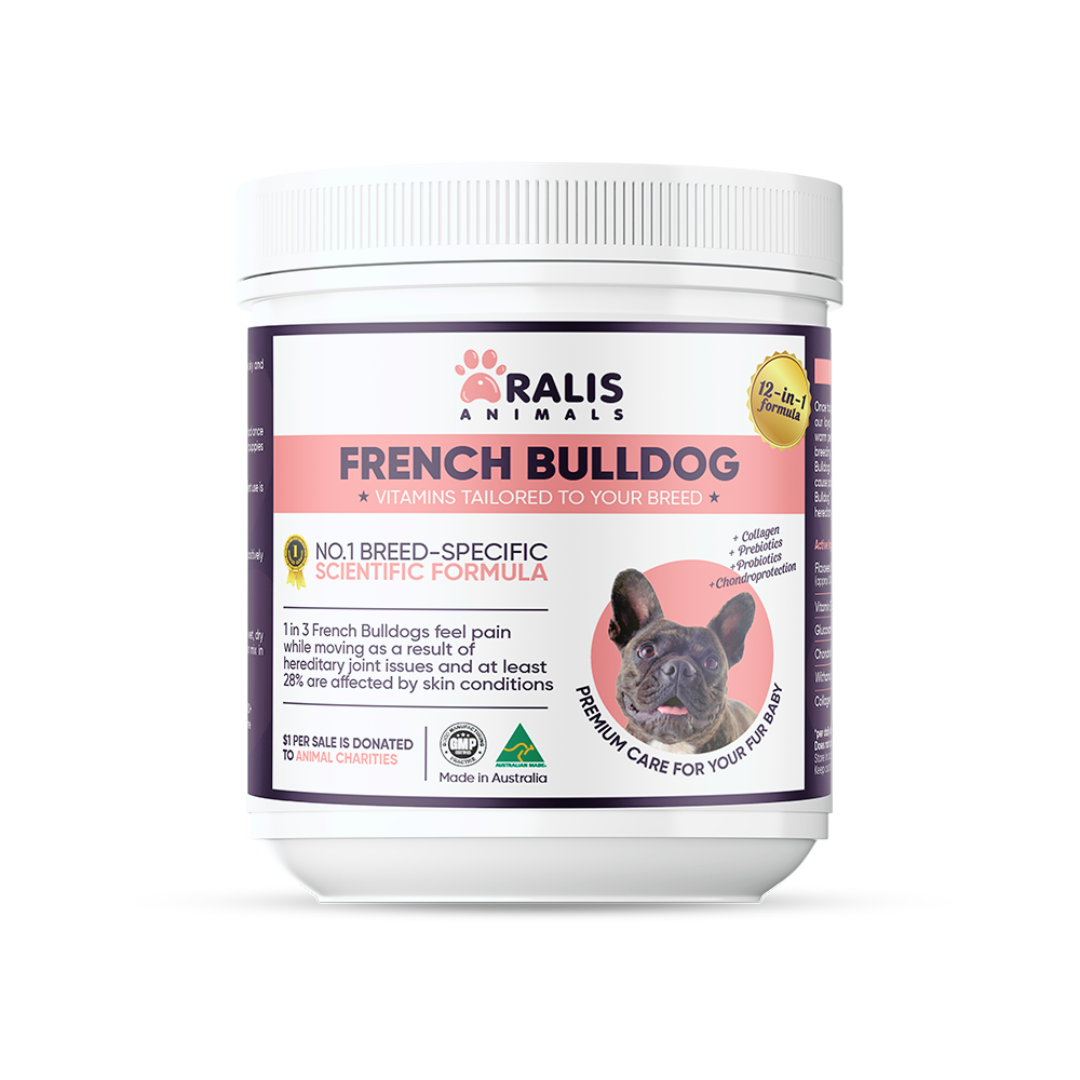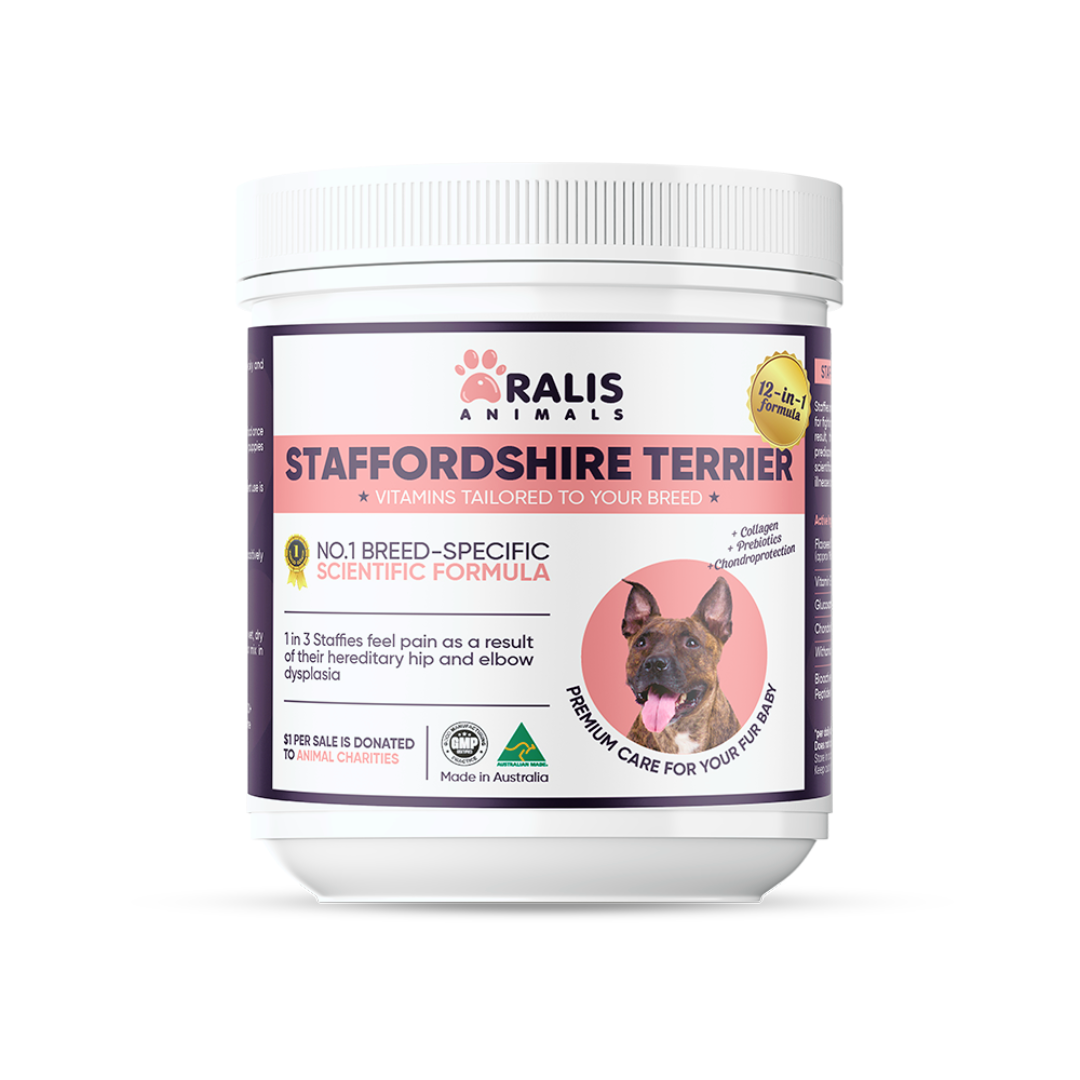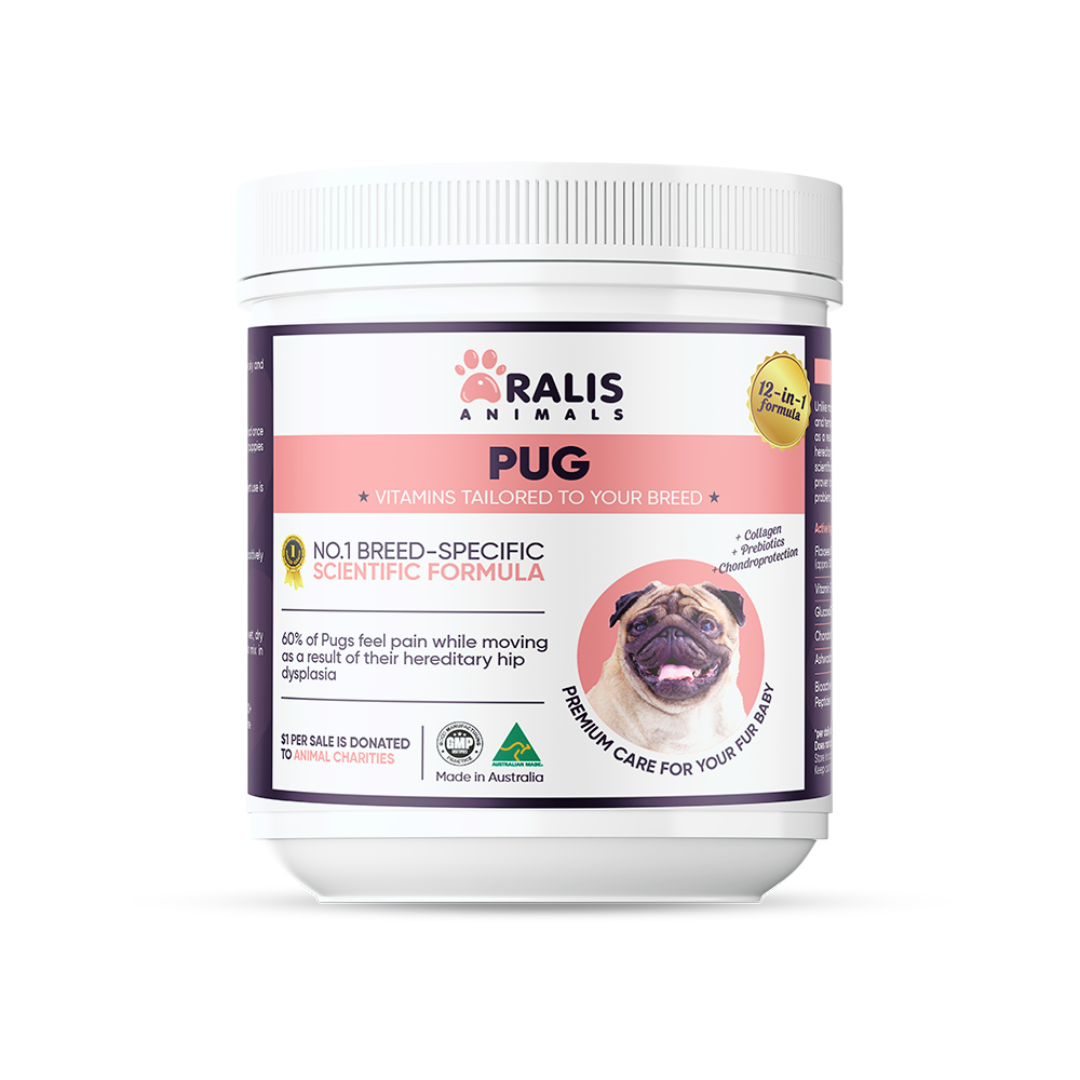How to Stop Your Dog from Licking Its Paws Excessively
As a devoted pet owner, you've likely noticed your canine companion engaging in a peculiar behavior - excessive paw licking. While it may seem harmless at first, this habit can actually signify an underlying issue that requires your attention. In this comprehensive guide, we'll explore the common causes of excessive paw licking in dogs and provide you with effective strategies to address this concern, ensuring your furry friend's comfort and well-being.
Understanding Excessive Paw Licking in Dogs
Paw licking is a natural grooming behavior for dogs, but when it becomes excessive, it can indicate a deeper problem. Dogs may lick their paws for a variety of reasons, including allergies, skin irritations, anxiety, or even injuries. This repetitive behavior can lead to further complications, such as inflammation, infection, and even hair loss or skin damage.
Common Causes of Excessive Paw Licking
- Allergies: Dogs can develop allergies to various environmental factors, such as pollen, dust, or certain foods. These allergies can cause skin irritation and itchiness, leading to excessive paw licking.
- Skin Irritations: Dry skin, hot spots, or other skin conditions can cause discomfort and prompt your dog to lick their paws excessively.
- Anxiety and Stress: Dogs may turn to paw licking as a coping mechanism when they experience anxiety or stress, such as during separation from their owners or in response to changes in their environment.
- Parasites: Fleas, mites, or other parasites can infest a dog's paws, causing irritation and prompting excessive licking.
- Injuries or Infections: If your dog has sustained an injury or developed an infection on their paw, the discomfort may lead to excessive licking.
Identifying the Root Cause
To effectively address your dog's paw licking, it's crucial to identify the underlying cause. Pay close attention to your dog's symptoms, such as redness, swelling, or changes in their grooming habits. If the licking persists or worsens, it's recommended to consult your veterinarian, who can perform a thorough examination and recommend appropriate diagnostic tests, such as skin scrapings or allergy testing.
Treatment Options
Once the root cause has been identified, your veterinarian can provide tailored treatment options to address the issue. These may include:
- Medical Interventions: Depending on the diagnosis, your veterinarian may prescribe medications, such as anti-inflammatory drugs, antihistamines, or topical ointments, to alleviate your dog's discomfort and promote healing.
- Home Remedies: For mild cases, you can try soothing home remedies, such as applying a cold compress to the affected paw or using a natural anti-itch spray.
- Environmental Modifications: If anxiety or stress is the culprit, making adjustments to your dog's environment, such as providing more exercise, mental stimulation, or a calming space, can help alleviate the behavior.
- Behavioral Strategies: In some cases, working with a certified animal behaviorist or trainer can help address the underlying causes of your dog's paw licking, such as through desensitization or counter-conditioning techniques.
Prevention Techniques
To prevent excessive paw licking in the long term, consider the following strategies:
- Regular Grooming: Regularly trimming your dog's nails and keeping their paws clean and free of debris can help reduce the risk of irritation and infection.
- Nutrition and Supplements: Providing a balanced, high-quality diet and incorporating supplements that support skin and coat health can help maintain your dog's overall well-being.
- Stress Management: Implementing stress-reducing activities, such as daily exercise, interactive playtime, and a consistent routine, can help mitigate anxiety-related paw licking.
- Allergy Control: Identifying and managing your dog's environmental or food allergies through veterinary guidance can help prevent flare-ups and the associated paw licking.
Long-Term Management
Addressing excessive paw licking in dogs requires a comprehensive and proactive approach. Regularly monitoring your dog's paw health, maintaining a consistent care plan, and being vigilant for any changes or recurrences are essential for long-term management. If the issue persists or worsens, don't hesitate to consult your veterinarian for further guidance and support.
Conclusion
Excessive paw licking in dogs can be a frustrating and concerning behavior, but with the right understanding and approach, you can help your furry friend find relief and maintain their overall health and well-being. By identifying the underlying cause, implementing appropriate treatment strategies, and adopting preventative measures, you can put an end to this persistent problem and ensure your dog's comfort and happiness.





